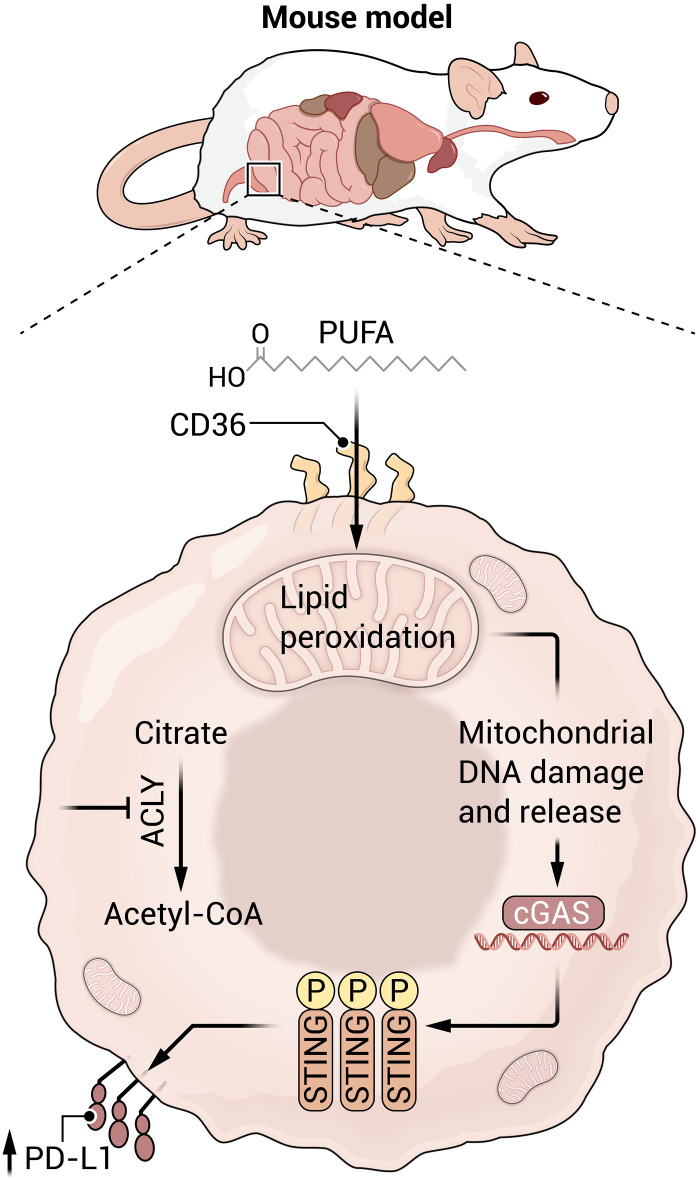Fig. 1. Inhibiting ACLY, a key metabolic enzyme, reprograms tumor cells to consume exogenous polyunsaturated fatty acids (PUFAs).
Fatty acid oxidation can promote mitochondrial DNA damage and release which then triggers the cGAS STING pathway to induce the protein PD-L1 on the surface of tumor cells. In immunotherapy-resistant tumors, combining ACLY inhibition (or a dietary PUFA intervention) with immune checkpoint molecule (ICM) blockade can reinvigorate tumor-targeting T cells. Illustration credit: Austin Fisher/Science Advances.

